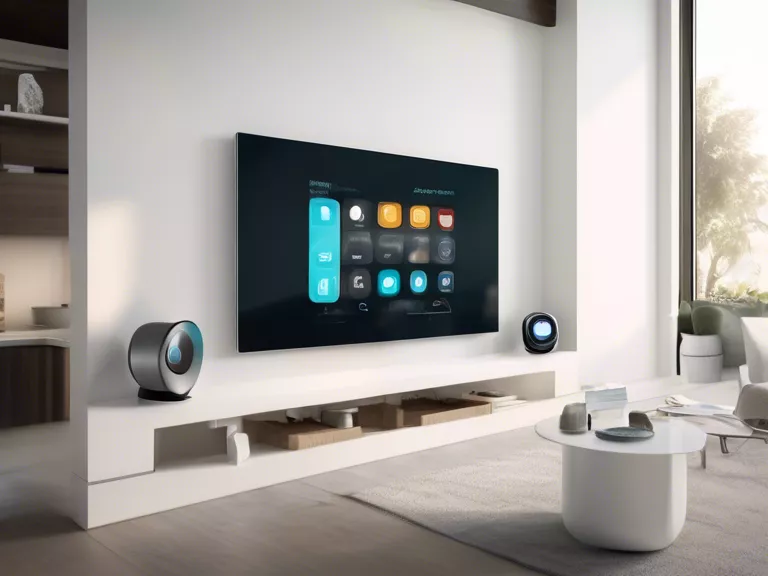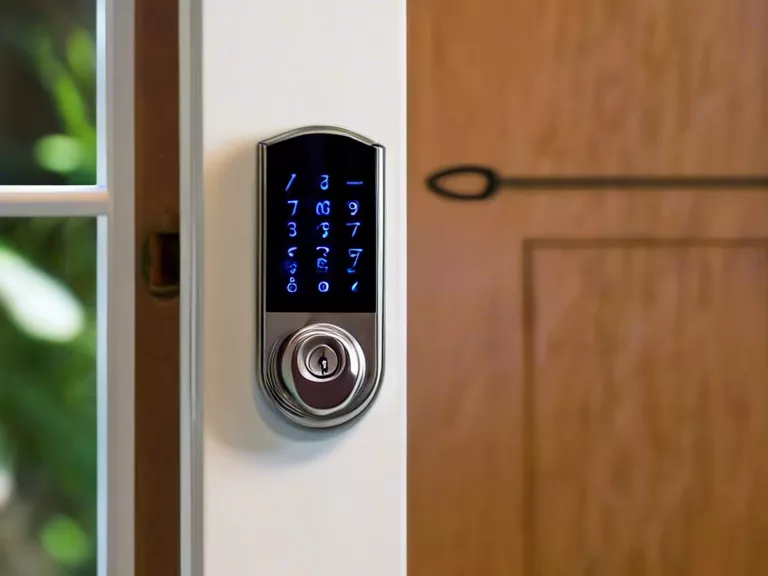
Smart home integration is becoming more sophisticated, with seamless connectivity across devices being the next frontier. From thermostats to security cameras, the future of smart homes is all about devices working together harmoniously.
Imagine waking up to your alarm clock, which triggers your coffee maker to start brewing your morning brew. As you leave for work, your smart locks automatically engage, and your thermostat adjusts to save energy while you're away. When you arrive back home, your lights turn on, and your favorite music starts playing - all without you lifting a finger.
This level of automation and integration is made possible by advancements in technology and the Internet of Things (IoT). Devices are becoming increasingly interconnected, allowing for seamless communication and control through a central hub or app. Whether you're using voice commands, smartphone apps, or smart assistants like Alexa or Google Home, the goal is to create a truly connected home ecosystem.
One of the key aspects of the future of smart home integration is interoperability. Devices from different manufacturers should be able to communicate with each other seamlessly, without the need for complicated setups or workarounds. Standards like Zigbee, Z-Wave, and Thread are helping to bridge the gap between devices, ensuring compatibility across various brands and platforms.
Privacy and security are also essential considerations in the future of smart home integration. With more devices collecting and sharing data, it's crucial to prioritize user privacy and data protection. Strong encryption, regular software updates, and transparency about data collection practices are necessary to build consumer trust in smart home technology.
In conclusion, the future of smart home integration is all about seamless connectivity across devices. As technology continues to advance, we can expect our homes to become even smarter, more convenient, and more efficient. By prioritizing interoperability, privacy, and security, smart homes will continue to enhance our lives in meaningful ways.



